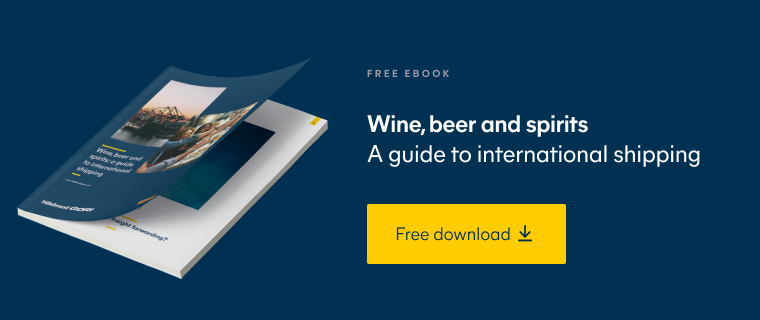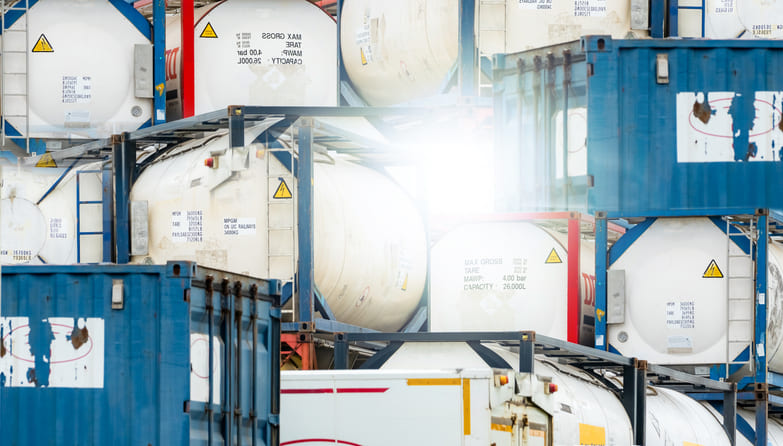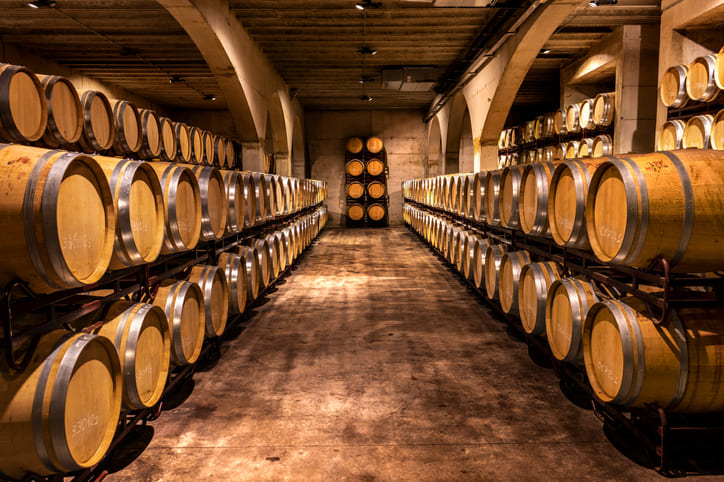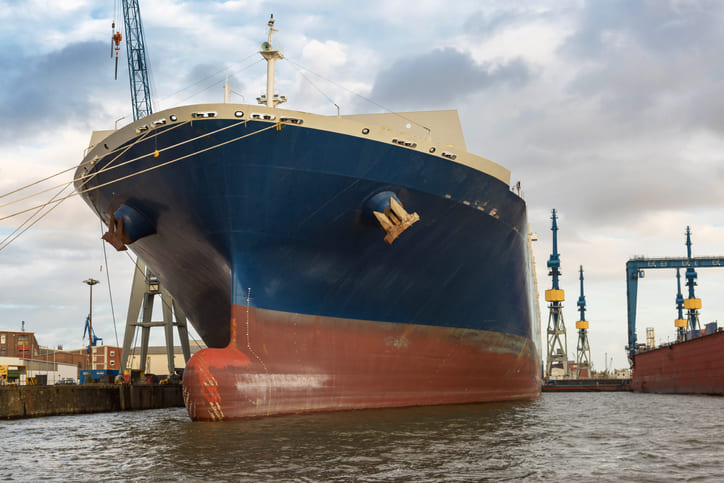International shipping: Do you need an import wine license?
As a wine importer you are invariably passionate about your products, but you may be less enthusiastic about navigating the rules and regulations involved in international shipping. An import wine licence, for example, is a key part of successfully importing your wines. So what is an import wine license, and how do you get one?
Before diving into the import wine license let us first get familiar with why you’re going to need one and the bodies involved with getting you one. Regulations and licenses can differ between states and countries, so here’s an example of how it works in the US.
Understanding US alcohol distribution and import wine license regulations
The US is an attractive market for wine producers, with the market expected to grow 9.14% annually. To get an import wine license and successfully import wine into the US, you will need to become familiar with the regulations around alcohol distribution. Alcoholic beverages fall mainly under the remit of three agencies in the US:
- Alcohol and Tobacco Tax and Trade Bureau (TTB)
- Federal Food and Drug Administration (FDA)
- Customs and Border Protection agency (CBP)
The US Three-Tier System
The US ‘three-tier’ system regulates how alcoholic products are taxed and distributed. Additionally, each state has different alcohol distribution and imported wine license regulations that you will need to meet. Broadly, states can be divided into ‘control states’ with state-run alcohol distribution, and ‘permit states’ where licensed private companies can distribute alcohol. The three tiers are:
- The producer - The wineries (or breweries and distilleries) that produce the alcoholic beverage. These businesses are regulated and licensed by the federal government. Producers pay federal excise taxes, and sell on to a distributor.
- The distributor - Tier two includes wholesalers, importers, state control boards and other distributors. Distributors purchase, import and transport alcoholic beverages. Distributors are also regulated and licensed by the federal government. In states with alcohol control boards, the boards act as both distributor and retailer. In permit states, distributors sell on to a retailer.
- The retailer - Retailers purchase alcoholic beverages from distributors, and sell them to the public. Retailers include restaurants, clubs, bars, state-run stores and licensed grocers. They are regulated and licensed by the state they’re based in.
Get your import wine license ready to import
Once you’re familiar with the relevant regulations, the next step is to fill in all the paperwork. Here are the key steps to prepare for getting your import wine license and successfully importing your beverages:
Register with the FDA
Suppliers must register with the FDA. This applies if you produce, process, pack or hold alcoholic beverages that will be consumed in the US. You must renew your registration bi-annually. you will also need to register as an alcohol dealer, and hand in an ‘ Alcohol Dealer Registration’ form.
Importers of wine or other alcohol also need to provide a ‘ Prior Notice of Imported Foods’. Foreign producers must engage a US-based importer to represent their brand in the US. Hillebrand Gori can act as the US agent for FDA registration and file the Notice of Imported Foods on the behalf of foreign suppliers. Contact the Hillebrand Gori office in your local country for help with your registration.
Obtain a Certificate of Label Approval
After you have your import wine license Importer’s Permit, you will need to get a Certificate of Label Approval (COLA) from the TTB. You need a COLA certificate for each wine product or label you plan to import.
Check what taxes and duties you may need to pay
As an importer, you are responsible for certain Federal excise duties and taxes. Check the TTB page on excise taxes, and the TTB duties page for information on what you might be responsible for.
The Craft Beverage Modernization Tax Reform Act (CBMA) allows importers to pay reduced taxes on eligible allocations of wine, spirits and beer. From 2023, CBMA will be administered by the TTB rather than the CBP, and will operate on a refund system. Read our article to find out more about how you can save money using the CMBA. The new system is now live, so you can also check how it will work here.
Check if you need a Certificate of Age and Origin
Your wine might need a certificate of age or origin to be released from customs custody. For wine, you need to obtain a certificate of age or origin if this is required by the appropriate foreign government. These countries include: France, Jamaica, Portugal and Spain. You can find more information on the TTB site.
Get a Natural Wine Certificate if required
You must also meet the requirements around cellar practices. This applies to any wine produced after Dec 31st 2004. Some countries are exempt, you can check to see if this applies to your business here.
Essential steps before importing
Generally, to go from starting a wine business to successfully importing products, you will need to have reviewed and identified your:
- Applying for an import permit with the TTB.
- Terms of sale with your suppliers - find out more in our guide here
- Information needed for a transport quote
- Shipment configuration, pallets & weight allowances
- Onboarding paperwork
- Enhanced liability (insurance)
- Purchase order and document requirements
Each country has its own regulations, and you’ll need to understand them to import your wine successfully. Using the US as an example of a popular wine import market, you can get an idea for the steps involved in getting an import wine license for your products.
Your global logistics partner
We know that getting an import wine license and importing wine into a new market or state can be confusing, which is why wherever your products begin or end their journey, we’re here to help. Get in touch about the next steps for shipping to the US, or request a freight quote easily with our online form.





